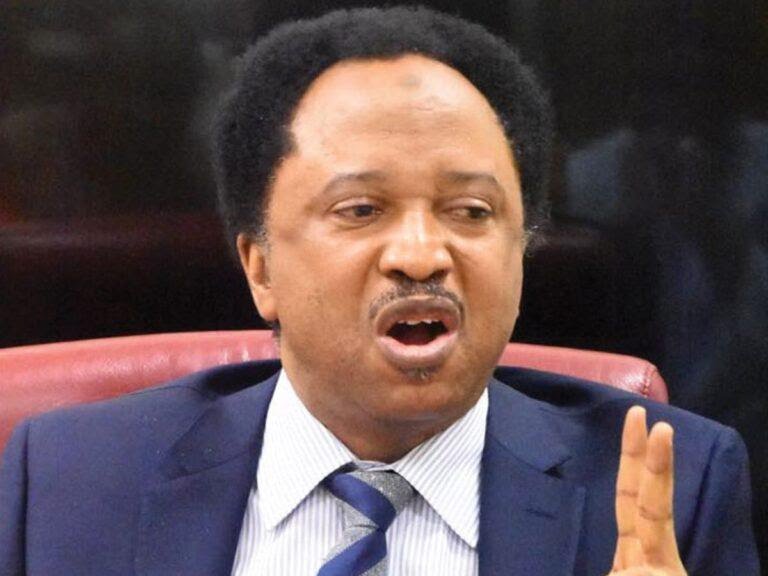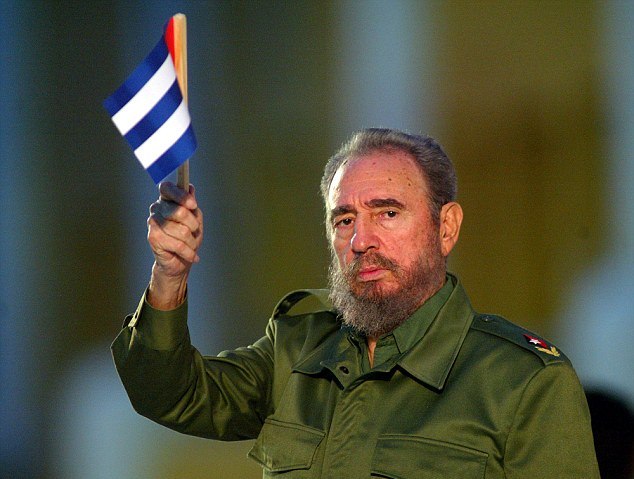I never personally met Fidel Castro Ruz, one of the iconic figures of the 20th Century. I only saw him once in the streets of Havana while he drove and the crowds cheered. On November 25, 2016, this African-Latin American ancestor joined the pantheon.
When on Friday, March 14, 2025 I visited the Fidel Castro Ruz Centre in Havana, Fidel came alive for me. I was transfixed to the gun he used in the Sierra Maestra Mountains where he led a dozen surviving youths to perform what Pentecostals will call a miracle. That foci, with the assistance of peasants and many supporters across Cuba, in twenty five months, defeated what was then one of the strongest armies in Latin America.
A photograph of Fidel slinging his gun in the thickset of the mountains was iconic. Now I was seeing it, preserved for generations. He never attended any military school. He had gotten the inspiration to fight from the examples of Jose Marti, Antonio Maceo, Simon Bolivar and other liberation fighters. As for theoretical military studies, he had gotten most of it from the 1929 novel ‘A Farewell To Arms’ by the famous American writer, Ernest Hemingway. His military experience and tactics, he learned primarily in the battle field.
The military victory the rebels scored on January 1, 1959 made Fidel one of the most successful guerrilla generals in history. When a military force, put together and trained by the United States, US Central Intelligence Agency, CIA invaded Cuba on April, 17, 1961, Fidel as Commander-in-Chief of the Cuban Armed Forces, went personally to the battle field. It was quite unconventional for the President of a country to personally go into the battlefield. But Fidel did and, in three days, the Bay of Pigs invasion was over, the enemy was routed. Over 1.000 invaders were taken prisoners of war, POWs. The humiliated US government was made to pay Cuba $53 million in food and medical suppliers in order to get the POWs released.
This victory solidified Fidel as a practical general in conventional warfare. So he became an experienced and successful general in both guerrilla and conventional warfare.
At the Castro centre, the mythical Fidel was also present. After the young rebels crushed the Batista army in the decisive Battle of Santa Clara led by another another famous revolutionary, Ernesto Che Guevera and, they entered Havana, Fidel spent a week in caravans travelling to the country’s capital. On January 8, 1959 he arrived in Havana to address a city overflowing with people. As he did so, a white dove flew through the crowds and landed on his shoulder. To some in the crowd, it reminded them of the dove at the baptismal of Jesus. But to many Cubans, it was the consecration of Fidel by the Afro-Cuban god, Obatala. It was the sign that he was fearfully made and cannot be killed by by humans. This took the form of realism with a record 634 assassination attempts made on his life principally by the CIA. The attempts had taken some urgency after President Dwight D. Eisenhower in March, 1960 directed the CIA to remove Fidel by any means necessary.
Some months later, Fidel attended the United Nations General Assembly and there was an alleged attempt to poison his cigars.
The UN visit itself was quite explosive. It was his first major appearance on the world stage and was clearly the most talked about President at the world assembly with the press covering his every move.
Fidel had checked in at the Shelburne Hotel in Midtown Manhattan, but stormed out when the hotel asked him to pay a $20,000 deposit. The legendary African-American leader, Malcolm X then secured accommodation for him and his entourage at the Hotel Theresa in Harlem where his Organization of Afro-American Unity, OAAU had offices.
The Theresa was a Whites Only hotel which flung its doors open to people of all colours in 1940 after it had been bought by an African-American, Love B. Wood. It had become a centre of African-American activities, and Fidel’s stay became a game changer for the hotel.
Famously, Soviet Premier, Nikita Krushev visited Fidel in the hotel as did then Indian leader, Pandit Jawaharlal Nehru and President Gamar Abdel Nasser of Egypt. Famous intellectuals like the sociologist, C. Wright Mills and famous writer, Langston Hughes, author of the iconic play ‘A Raisin in the Sun’ also visited him.
Cuba, led by Fidel sent its youths to go fight the very powerful Apartheid regime in South Africa which was backed by major Western powers like the US and United Kingdom. Cuba lost lots of those youths under the African sun. But the Apartheid forces were routed from Angola and pushed into Namibia where they sued for peace. The direct result was the independence of Namibia and South Africa.
When due to the Cuban military defeat of Apartheid, the legendary Nelson Mandela was released from 27 years imprisonment, he visited Cuba in 1991. There he said: “In all my years in prison, Cuba was an inspiration and Fidel Castro was a tower of strength.” This visit is kept alive in the highly digitalized Castro centre. Famously, as Fidel talked, Mandela interrupted him: “Before you say anything, you have to tell me when you are coming to South Africa. When are you coming?” To which Fidel responded: “I have not visited my South Africa homeland.” In 1994, Fidel was in South Africa, and the entire country rose in unison to receive him.
The Castro Centre also has lots of clips showing Fidel’s visits to many countries. The ones I found most interesting were those to Algeria and, Guinea in which the Pan Africanist President Sekou Toure was with Fidel.
The centre houses many personal belongings of Fidel including the original podium and microphones from which he made many simple, but very powerful speeches, some of his books, military uniforms and clothes he wore. The centre is also about Cuban history including life before the revolution and, the revolution, turning 74 Batista military fortresses into schools for children.
But even as I visited, the punitive 63-year blockade unilaterally imposed on Cuba since February 1962 by President John F. Kennedy was still in place. It continues to impose serious hardship on the people whose only crime is choosing to live as free people under a political system of their choice. One of the effects is that Cuba is not allowed to trade at the international market, not even to buy medicines or spare parts for their aging electricity system which collapsed for forty eight hours during my visit. But the workers, symbolising the resilience of the Cuban people, restored the system. Truly, a people, united, can never be defeated.



